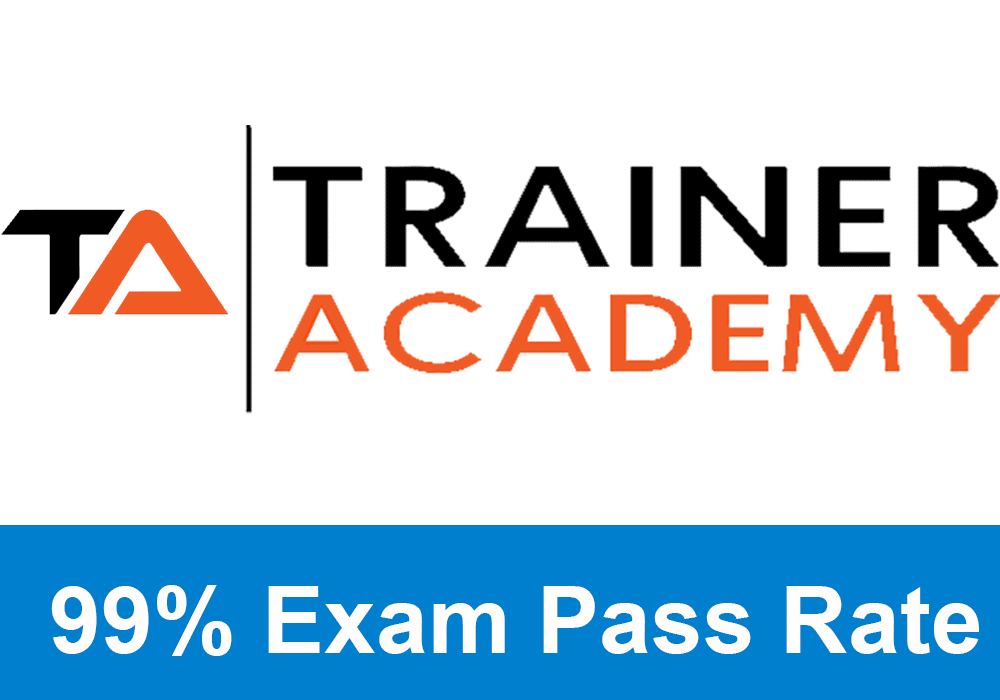
If you have not signed up for NASM CPT, sign up here to save 25% with my personal code PTP25.
Get your copy of the NASM CPT exam cheat sheet. It helps immensely in studying for the exam.
My PTP students report cutting their NASM study time and effort in half with Trainer Academy.
Benefit from the Exam Pass Guarantee and Retake Fee Guarantee. Plus, take advantage of my current discount code PTPJULY for 35% off the MVP Program (Ends July 8th, 2025).
Try it out for free here to see if it’s right for you, or read my detailed review for further insights.
Exclusive PTP CPT Offers |
||
|---|---|---|
Most Popular Cert | Best Online NCCA Cert | Best Study Materials |
Gold Standard Cert | A Good Option | Best CPT for you?  |
Chapter 17 NASM study guide
Personal trainers cannot prescribe any meal plans! We can only give general nutritional advice. Once again, we cannot prescribe meal plans. (There will be a question on this!).
Important definitions to know
Lipids: A group of compounds that include sterols, phospholipids, and triglycerides (fats and oils).
Carbohydrates: A neutral compound made up of hydrogen, carbon, and oxygen. Think about starches, sugars, and celluloses. It can usually be used as energy in the human body.
Protein: Multiple amino acids linked together by peptide bonds. Help in repairing in building bodily tissue as well as structures. It is involved in the synthesis of enzymes, hormones, as well as other regulatory peptides.
Calorie: A scientific unit of energy.
Kilocalorie: 1000 calories. The energy required to increase the temperature of 1 L of water by 1°C. When we say calories in everyday speech, we really mean kilocalories.
Exclusive PTP CPT Offers |
||
|---|---|---|
Most Popular Cert | Best Online NCCA Cert | Best Study Materials |
Gold Standard Cert | A Good Option | Best CPT for you?  |
Nutrition: The process of obtaining the necessary amount of food for growth and health.
The 8 essential amino acids
Phenylalanine, Threonine, Tryptophan, Methionine, Lysine, Valine, Isoleucine, Leucine
The recommended intake of protein
It Is recommended that inactive adults consume approximately .8 g of protein for every kilogram of body weight.
It Is recommended that athletes consume between 1.2 and 1.4 g of protein for every kilogram of body weight.
It Is recommended that strength athletes get between 1.2 and 1.7 g of protein for every kilogram of body weight.
The recommended amount of daily fiber
It is recommended that adults get approximately 38 g of fiber every day. The minimum recommendation is 25 g per day.
Endurance athletes: Specific recommendations
Overall, when training endurance athletes, you need to know that they should be getting more carbohydrates to fuel their extreme calorie burning routines. They need this to have a built-up storage of glycogen in their liver and muscles. This will help with recovery time as well as increase their performance overall. It is recommended that they consume between 6 and 10g of carbohydrates per kilogram of body weight every day.
The differences between the three types of fatty acids
Monounsaturated: This type of fatty acid increases the good HDL cholesterol and they have exactly one double bond on the carbon chain. Mono refers to one.
Polyunsaturated: Polyunsaturated fats increase good cholesterol and are made up of essential fatty acids that are not produced by the human body. They have more than one double bond in the carbon chain. The word poly refers to more than one.
Saturated: Responsible for increasing bad LDL cholesterol. Do not have a double bond in the carbon chain. This is why they are referred to as saturated fats.
The functions that lipids have in the human body
- Carriers of vitamins: Lipids are small water-insoluble molecules that make them perfect as a carrier. It acts as a carrier for vitamins such as D, K, E, D, and A. They are also important for carotene to convert into vitamin A.
- Precursors to hormones.
- Used for cellular signaling.
- Protecting surrounding organs and holding them in place.
- Helps to insulate the body and protects it from temperature changes in the environment.
- It helps to prolong digestive processes by slowing down the secretion of HCl in the stomach.
- Provide the sensation of satiety.
- Cholesterol formation.
- Formation of the membrane lipid layer.
The importance of water and daily intake recommendation
If you are a woman, you should be drinking 2.2 L per day. You should drink 3 L of water daily if you are a man. If you are trying to lose weight, drink more water. Water is essential for in the endocrine system, metabolic system, and delivery. It also helps to control your body’s temperature and blood volume.
The effects of moderate dehydration
- Retention of sodium
- Muscle cramps
- A decrease in blood pressure
- Moderate water retention
- Few tears (or none) when crying
- Lightheadedness and/or dizziness
- A decreased rate of sweat
- Dry skin
- Headache
- Tiredness or sleepiness
- Sticky or dry mouth
The effects of severe dehydration
- Unconsciousness and delirium (extreme cases)
- Basically no urination, dark urine color
- An increase in body temperature
- No apparent tears when crying
- Rapid breathing
- Fast heart rate
- Very low blood pressure
- Very dry skin that will not “bounce back” after pinching
- Sunken eyes
- Confusion and irritability
- Intense thirst
Altering client’s body composition: guidelines
- Basically, sticking to the laws of thermodynamics and the recommendations.
- For losing weight: exercise more, eat fewer calories, do not eat processed foods, pick whole grains, limit alcohol intake, and drink lots of water.
- To gain weight: Eat more than you burn, consume plenty of fat and carbohydrates, and eat frequently.
Energy for fats, carbohydrates, and proteins
- Fats: 9 kcal per gram
- Carbohydrates (CHO): 4 kcal per gram
- Protein (PRO): 4 kcal per gram
- Alcohol: 7 kcal program
If you want additional study materials, check out the team over at Trainer Academy. They have incredible study materials for NASM And I have a special limited-time discount for my readers. I also suggest you check out my review on Trainer Academy here.

 Have a question?
Have a question? 



According to the text and an NASM quiz from another source, there are 8 essential amino acids.
Thanks for pointing this out to me Sarah, you are right I just double-checked in the sixth edition textbook! And it does say eight essential amino acids. good luck with all the studying!